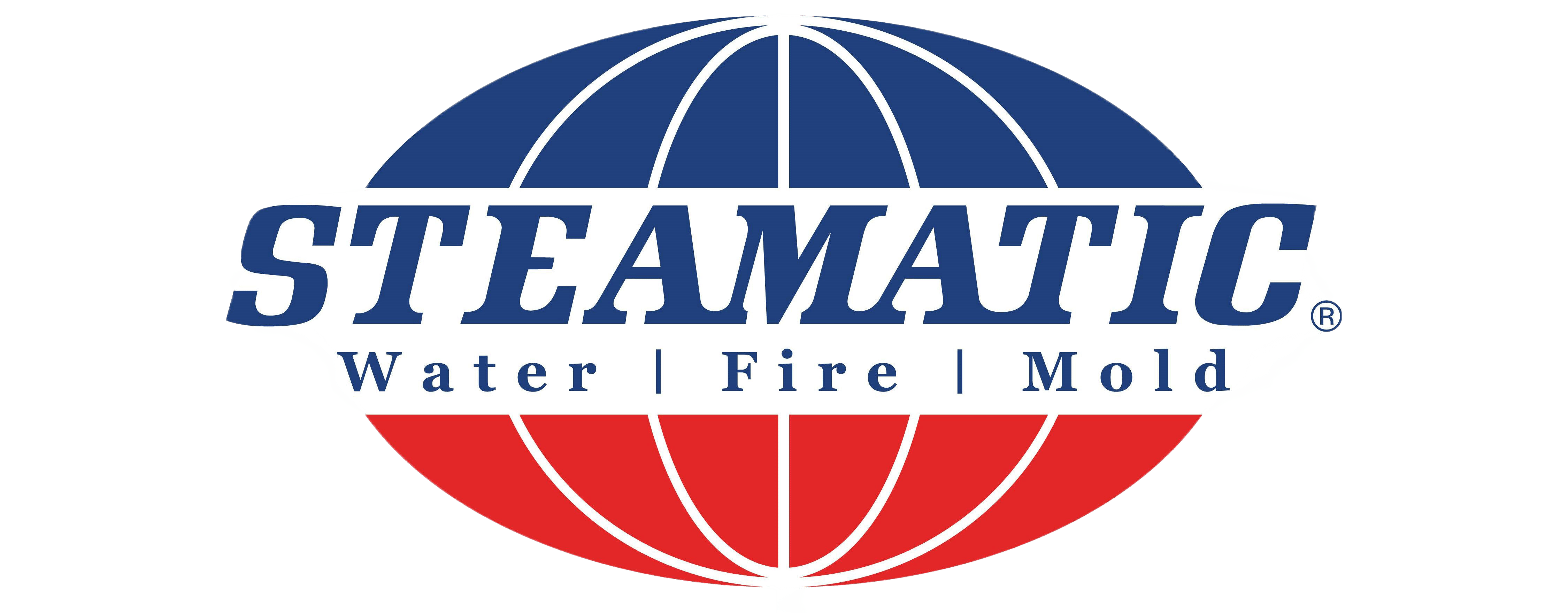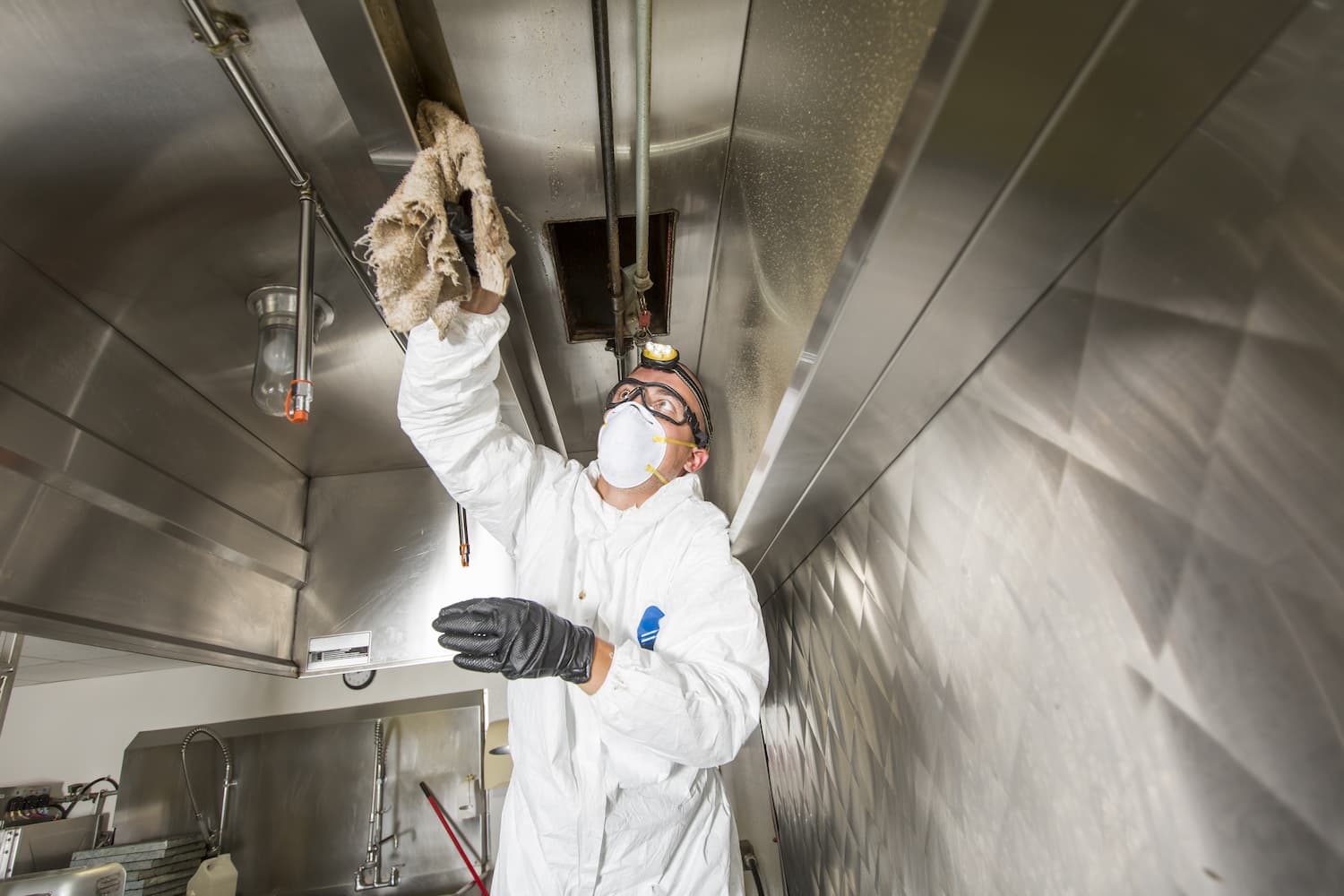Industrial and commercial properties don’t just need to stay clean to preserve customer confidence—these spaces are often held to tight regulatory standards regarding sanitation, hygiene, safety, and potential fires. Commercial kitchens, in particular, must know how to clean commercial kitchen spaces and comply with strict standards regarding everything from the kitchen layout and the storage of tools to how often every type of surface is cleaned and what processes are used. If you manage or own a commercial kitchen, make sure commercial kitchen deep clean processes are laid out to protect your business, staff, and customers.
What Does a Cleaner Do in a Restaurant?
Cleaners handle several tasks in a restaurant, ranging from daily cleaning to monthly or quarterly deep cleaning cycles. Some of the tasks that need to be covered when deep cleaning commercial kitchen spaces include:
- Cleaning and sanitizing food prep surfaces
- Cleaning commercial griddles and grills
- Cleaning the inside of appliances, including walk-in refrigerators, ovens, and deep fryers
- Cleaning vent hoods, exhaust vents, and air ducts around the space, as these areas are generally out of sight but can pick up thick deposits of smoke, oil, and food particulates that present a growing fire hazard over time
- Moving aside appliances and rolling fixtures to deep clean the walls and floors
But there are two essential questions about deep cleaning commercial kitchens to consider: how often should you clean your kitchen generally, and how often should you clean your kitchen at a very deep level? Some of these tasks need to be completed every day. For example, cooking tools, griddles, and grills require daily scrubbing. Other surfaces, such as proofing drawers or deep fryers, may be slightly less often, depending on your kitchen policies and the frequency of use. Also, cleaners must complete these tasks with differing degrees of intensity at different types. Refrigerators must require light, frequent cleaning supplemented with a quarterly deep clean that involves disassembly and thorough cleaning.
So, how often should you clean your kitchen through a certified team of professional kitchen cleaners service? At a minimum, deep cleaning commercial kitchens should occur twice a year.
Importance of Maintaining a Clean Commercial Kitchen
A thorough, clean commercial kitchen is one of the most important business elements. A clean commercial kitchen mitigates these hazards:
- Food contamination from preparation or cooking on contaminated surfaces: Food prep surfaces can maintain traces of raw meat or unclean produce. Old food can also degrade or rot.
- Food that tastes and smells bad due to cross-contamination: Fryers, containers, and insufficiently clean prep areas will transfer unwanted smells and tastes to subsequent food batches.
- Failed health inspections: poor consumer confidence, and even permanent business closure: Health inspectors routinely check commercial kitchens’ cleanliness, hygiene, and cleaning records to assess compliance with state and federal standards.
- Pest infestations: Pests will likely congregate in commercial kitchens with spills, crumbs, and food sources that are never cleaned up. Those infestations grow larger if appliances, cabinets, and bulk storage aren’t frequently moved and cleaned behind.
- Dangerous working conditions: endanger staff include slippery surfaces, enclosed kitchens with poor air quality, and smoke and fire risks.
- Grease fires: Fires can ignite near cooking sources, exhaust vents, and other greasy surfaces with flammable buildup.
Need Your Commercial Kitchen Cleaned? Contact Us Today!
Don’t wait to arrange your next commercial kitchen deep clean. At Steamatic of Red River Valley, our professional kitchen cleaners provide monthly, quarterly, and semi-annual cleaning surfaces to keep your commercial kitchen up to your standards. Reach out today to learn more about our services or to schedule your first commercial kitchen deep cleaning session.
Image Credit: Lopolo / Shutterstock








